Tracing modes
The tracing mode defines an operation made on the original raster object and the produced vector object.
Tracing can be used to create vector objects (Create vector and keep raster), to delete raster objects while creating vector ones (Create vector and erase raster), to delete raster objects (Erase raster without producing vector), and also for smoothing (Smooth raster without producing vector). The selected mode remains active until another mode is selected.
Create Vector and Keep Raster
The Create vector and keep raster mode creates vector objects and does not delete the original raster. This mode is used by default.
To turn on Create Vector and Keep Raster mode

Create Vector and Erase Raster
This mode creates approximating vector objects and removes traced parts of raster lines.
To turn on Create Vector and Erase Raster

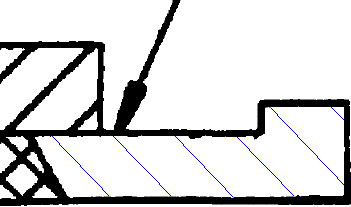
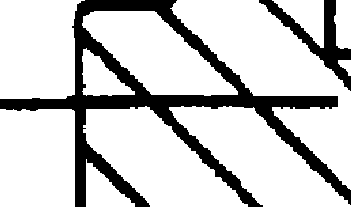
Results of hatch tracing when the Create vector and erase raster mode is on
Erase Raster without Producing Vector
This mode removes traced parts of a raster line and does not create vectors. The intersections or the parts of other raster objects under the traced data are left intact.
To turn on Erase Raster without Producing Vector


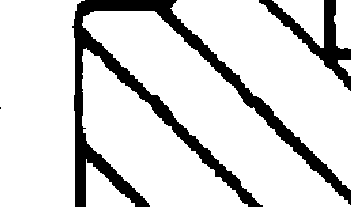
Tracing a line when the Erase Raster without producing vector mode is on.
Smooth Raster
This mode removes traced parts of a raster line, creates an approximating vector, and then automatically rasterizes it. Thus the Smooth raster mode allows users to correct raster lines.
To turn on Smooth Raster

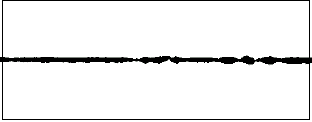
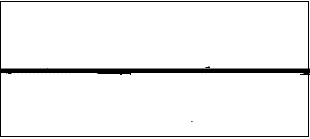
Tracing effect in Smooth Raster mode




Post your comment on this topic.